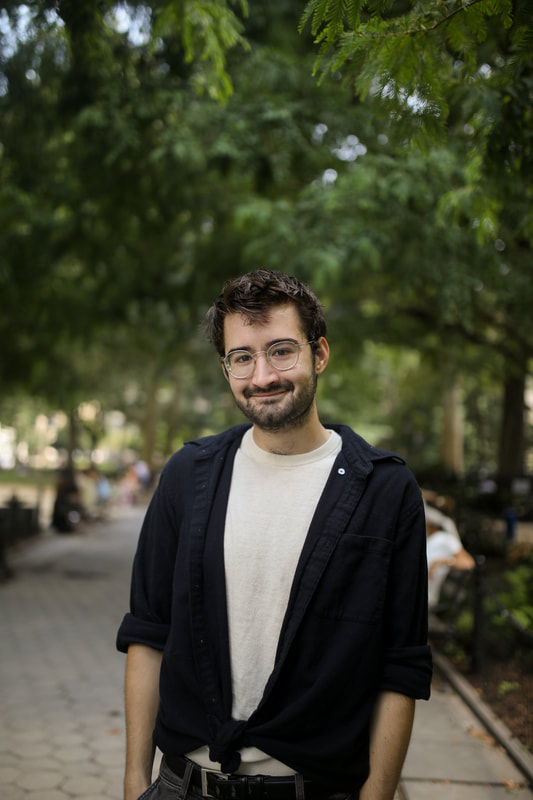Have you ever wondered why individuals with non-medical degrees are referred to as doctors? This question sparked my curiosity and led me on a fascinating journey through history. The term “doctor” dates back to 1387 and originally meant “expert” in a general sense. It wasn’t until the sixteenth century that it became commonly associated with “medical expert”. In Old French, doctour meant “teacher”, particularly in relation to religious educators, tracing back to the Latin doctor which also means “teacher”. This Latin term stems from the verb docere, meaning “to teach”, which in turn originates from the Proto-Italic reconstruction dokeo derived from the Proto-Indo-European root dek, meaning “to take”. The verb “to doctor” with the connotation of “falsify” emerged in 1774, drawing a parallel between repairing something and the work of a doctor. Interestingly, the usage of the word “doctor” in literature has shown a consistent increase over time.





